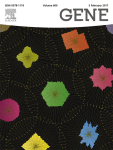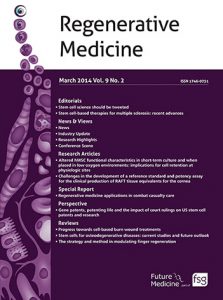 A physics journal has retracted a 2014 paper after a reader discovered a slew of errors.
A physics journal has retracted a 2014 paper after a reader discovered a slew of errors.
The paper, published in the Journal of Thermophysics and Heat Transfer, explored how the properties of nanofluids—fluids that contain nanoparticles—change as the fluid moves through different materials.
According to the editor-in-chief, Greg Naterer, an outside expert—Asterios Pantokratoras, based at Democritus University of Thrace in Greece—contacted the journal in May 2017 after discovering “errors with symbols in equations and figures.” The journal investigated the concerns and reached out to the paper’s corresponding author V. Ramachandra Prasad at Madanapalle Institute of Technology and Science in India for a response; after several rounds of comments from Pantokratoras and Prasad, the journal concluded that the paper should be retracted.
Naterer explained: Continue reading “The results are essentially meaningless:” Typos, missing variables found throughout physics paper







